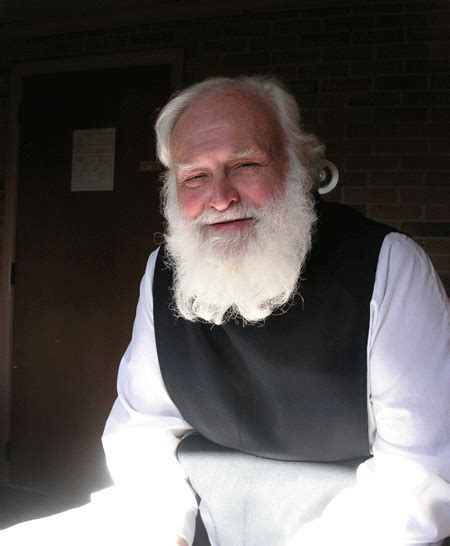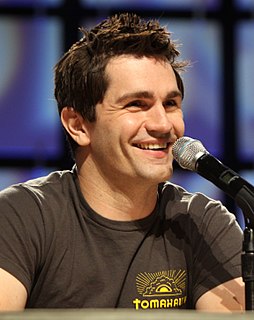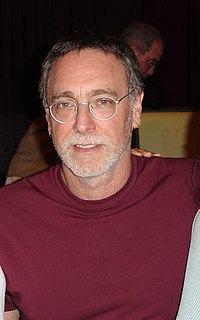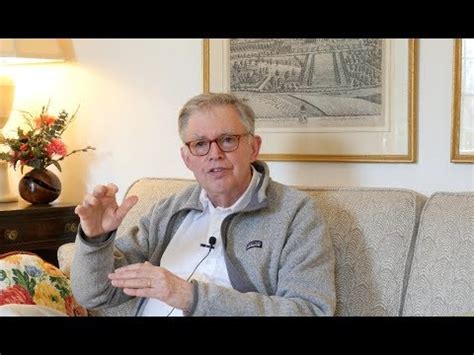A Quote by Doug Aitken
In our daily lives, we see ourselves often in very reductive ways. I want to explore motion, change and flux, whether we are looking in the mirror or seeing ourselves in our surroundings. The singular view of self contradicts the act of living.
Related Quotes
Unfortunately, in seeing ourselves as we truly are, not all that we see is beautiful and attractive. This is undoubtedly part of the reason we flee silence. We do not want to be confronted with our hypocrisy, our phoniness. We see how false and fragile is the false self we project. We have to go through this painful experience to come to our true self.
Why does death engender fear? Because death meant change, a change greater then we have ever known, and because death was indeed a mirror that made us see ourselves as never before. A mirror that we should cover, as people in olden days covered mirrors when someone died, for fear of an evil. For with all our care and pain for those who had gone, it was ourselves too we felt the agony for. Perhaps ourselves above all.
In order to find God in ourselves, we must stop looking at ourselves, stop checking and verifying ourselves in the mirror of our own futility, and be content to be in Him and to do whatever He wills, according to our limitations, judging our acts not in the light of our own illusions, but in the light of His reality which is all around us in the things and people we live with.
Traveling through the world produces a marvelous clarity in the judgment of men. We are all of us confined and enclosed within ourselves, and see no farther than the end of our nose. This great world is a mirror where we must see ourselves in order to know ourselves. There are so many different tempers, so many different points of view, judgments, opinions, laws and customs to teach us to judge wisely on our own, and to teach our judgment to recognize its imperfection and natural weakness.
When something goes wrong in our lives we often ask ourselves "Who was present?" and if there was ever a singular person that was present in whatever the event was when something changed our lives. If we can't get beyond that event, we become obsessed with it or it changed our life in a way that we can't make sense of. We often seek out that person because that was the last time our lives made sense.
Each of us has the power and responsibility to heal ourselves, to be our own medicine man or woman. Awakening our innate powers of being, loving, knowing, seeing, and healing involves ongoing work at all levels and in all dimensions of our self. Exploring the range of rhythms and emotions, achieving insights into our conditioning and ego, moving through the energy levels of spirit – these are all activities to be integrated into our daily lives.
Ours has been called a culture of narcissism. The label is apt but can be misleading. It reads colloquially as selfishness and self-absorption. But these images do not capture the anxiety behind our search for mirrors. We are insecure in our understanding of ourselves, and this insecurity breeds a new preoccupation with the question of who we are. We search for ways to see ourselves. The computer is a new mirror, the first psychological machine. Beyond its nature as an analytical engine lies its second nature as an evocative object.
I think it's time we ask ourselves if we still know the freedoms that were intended for us by the Founding Fathers... Whether we believe in our capacity for self-government or whether we abandon the American Revolution and confess that a little intellectual elite in a far-distant capital can plan our lives for us better than we can plan them for ourselves.
Whenever we make changes in our surroundings, we can too easily shortchange ourselves, by cutting ourselves off from some of the sights and sounds, the shapes or textures, or other information from a place that have helped mold our understanding and are now necessary for us to thrive. Overdevelopment and urban sprawl can damage our own lives as much as they damage our cities and countryside.








































